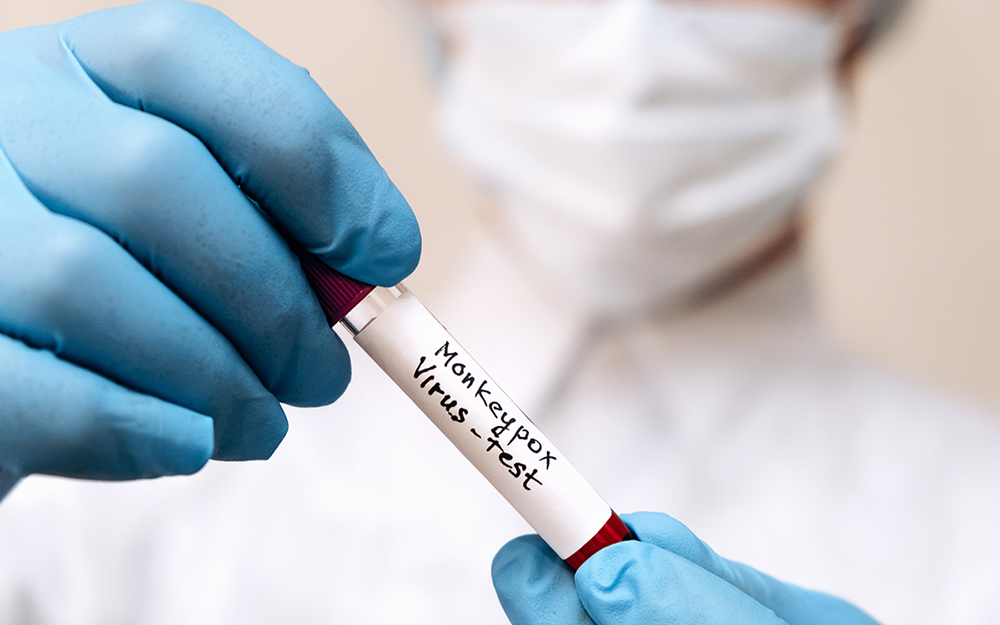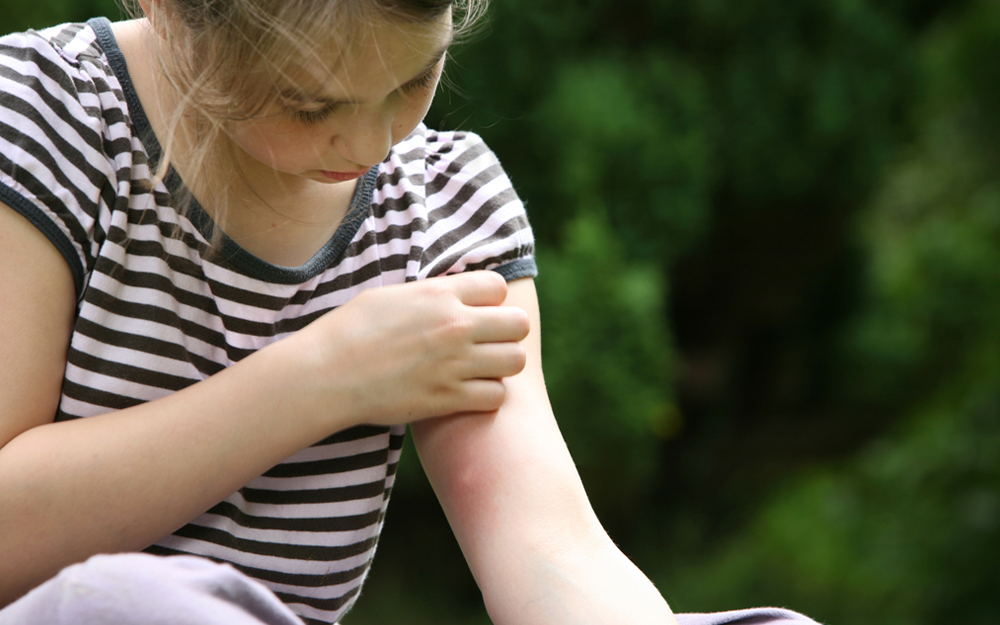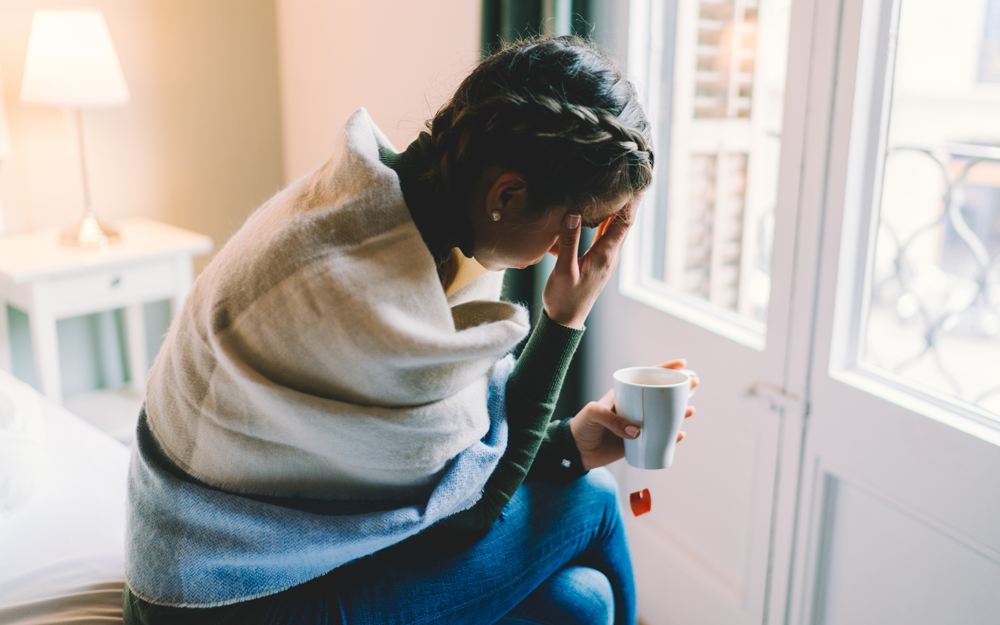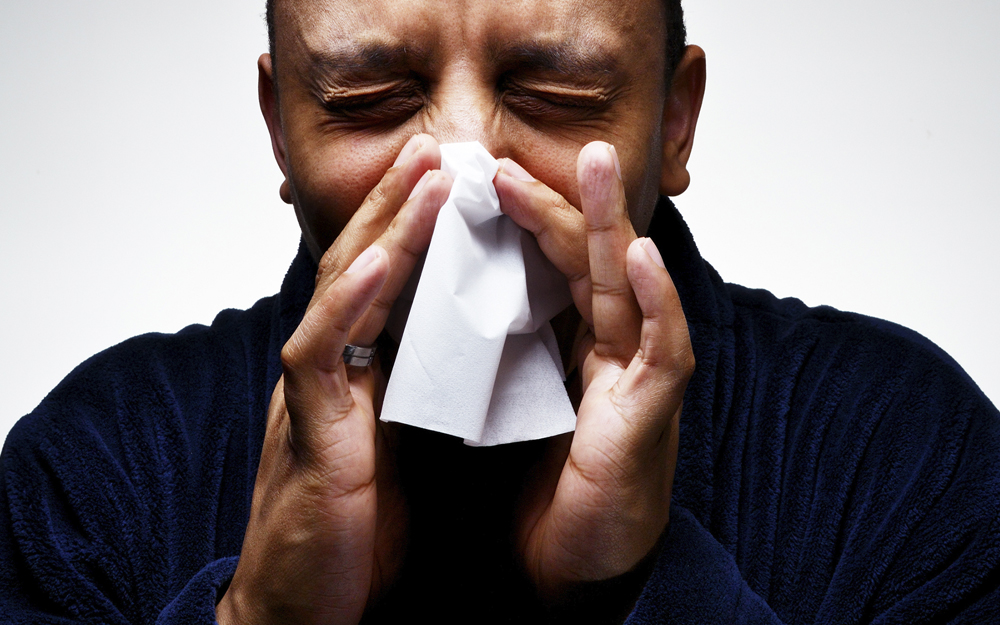The Pneumonia Vaccine Explained
Date
September 25, 2020
Credits

Date
September 25, 2020
Credits
Medical providers featured in this article
In Brief
{{cta-block}}
Deciding whether you need the pneumonia vaccine isn't always clear-cut.
While pneumonia is usually mild, it can have deadly consequences for portions of the population, especially people over the age of 65. In fact, Streptococcus pneumoniae, the bacteria that causes pneumococcal disease, is the No. 1 cause of pneumonia worldwide.
The vaccine indirectly protects adults by stopping children from spreading the bacteria
"But this bacteria doesn't just cause pneumonia. It's a nasty human pathogen that can invade the brain and bloodstream, leading to ear infections, sinus infections, even meningitis," says Dr. Michael Ben-Aderet, associate medical director of Hospital Epidemiology at Cedars-Sinai.
"It can make people very sick, and it's a key cause of death among the elderly."
In 2017, an estimated 3,600 people died from invasive pneumococcal disease in the U.S. alone.
The pneumococcal vaccine
Whether you get a vaccine—and which type you get—depends in large part on your age.
Doctors typically vaccinate the following groups:
- Children under age 2
- People over age 65
- People who are immune-compromised (reduced ability to fight infections and other diseases) or a smoker
The two available vaccines include:
- Pneumococcal conjugate vaccine (Prevnar, or PCV13): Recommended for children under age 2, this vaccine produces a durable, often lifelong immune response against 13 strains of pneumococci. People over age 2 who have certain health conditions and older adults may also decide to get PCV13 if they are immune-compromised or have a high risk of exposure.
- Pneumococcal polysaccharide vaccine (Pneumovax, or PPSV23): PPSV23 protects against 23 different strains of pneumococcal bacteria. PPSV23 alone can be up to 80% effective if you're over 64 and have a healthy immune system.
People who have a high risk of complications from exposure to Streptococcus pneumoniae, including those who have cancer, HIV or who are taking immune-suppressing medication, may get a dose of PCV13 followed by PPSV23 to provide the greatest immunity.
Preventing pneumococcal diseases
Both pneumococcal vaccines are not only effective, they're also remarkably safe. The reason: There's no bacteria in the vaccine.
This specific bacteria, Streptococcus pneumoniae, has carbohydrates on the outside that our immune systems can easily recognize. So, instead of creating a vaccine with strains of the bacteria itself, scientists use the purified carbohydrates as the targets.
Since PCV13 was added to the childhood vaccination schedule, the incidence of pneumococcal disease has dropped dramatically—and not just among young children.
"The vaccine indirectly protects adults by stopping children from spreading the bacteria," says Dr. Ben-Aderet.
If you're age 65 or older, have a conversation with your doctor. With the high rate of childhood vaccinations, many people in this age group are protected with a single dose of PPSV23.
But if you're immune-compromised, or you spend a significant chunk of time in places where you might be exposed to Streptococcus pneumoniae, your doctor may recommend PCV13 followed by PPSV23 several months to a year later.





